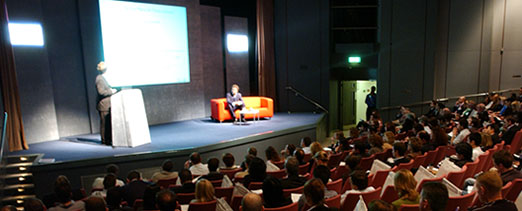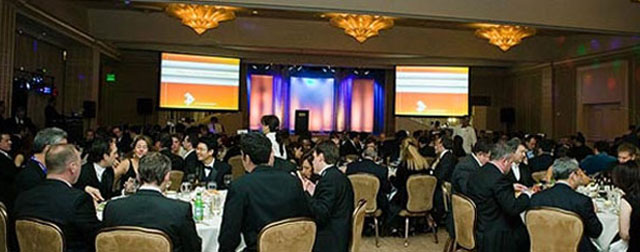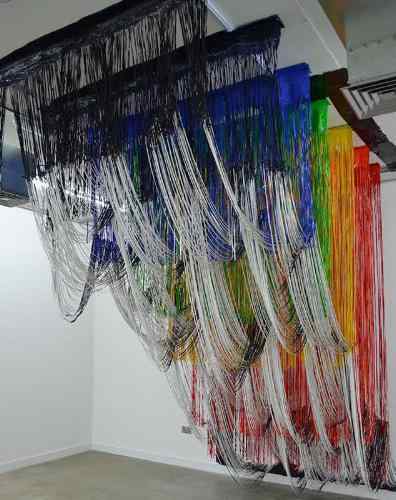Why Web Users Hate Online Ads
Consumers feel that online ads are annoying and ill-constructed while TV and print advertising is more entertaining and relevant for them. Of more than 1,200 people surveyed for digital marketing show ad:tech London by Zussi Research, 69 per cent believed traditional advertising was relevant to them, compared with 45 per cent for online.
For the TV generation of those aged between 25-34-years old the gap widens further: 81 per cent (traditional) versus 53 per cent (online).
Worse still for digital marketers, annoyance around advertising on the web is twice as high online as offline, the survey indicates. Comments made were that digital advertising is “ill-structured”, “mainly irrelevant” and represents a bigger, unwanted distraction for the consumer, rather than a subtle influence.
Typical comments included: “Traditional advertising is less in your face – online seems to use all kinds of annoying tricks to make you view them, e.g., popups and blank screen links you click by accident. It’s an immediate turn-off.”
“Customers aren’t responding positively the way that the industry believes. While we are witnessing some amazing online campaigns out there, this research simply shows that the overall advertising and marketing community isn’t hitting the mark with online users,” says ad:tech conference and marketing director, Christophe Asselin.
“Customers are becoming more and more savvy to online marketing tactics and are less forgiving toward sloppy and clumsy practices.”
“Given the changing behaviour of the public with the advent of multimedia, online promotions could hold huge potential value but many organisations aren’t unleashing this potential effectively,” believes ad:tech speaker and BBC head of technology for marketing, communications and audiences, Mark Kelleher.
In parallel to the consumer study, ad:tech London also surveyed brand advertisers and marketers who attended the show in 2009. And 633 surveys were completed; 14 per cent of the total audience figure.
One interesting aspect, it says, was how unconfident respondents were. When asked to describe a topic to a colleague many said they were “aware but not confident” of the subject. Surprisingly, these included social marketing, mobile marketing and search engine marketing. Only 23 per cent would regard themselves as digital marketing experts.
Regardless of this low-confidence level, 71 per cent of respondents said that their company handles its digital campaigns in-house.
“While online marketing budgets are increasing, companies need to make sure the same investment is done to train and educate their staff,” says Asselin. “The industry is still very young, newcomers are numerous and best practise isn’t being shared.”
The ad:tech London 2010 is taking place at Olympia National, London, 21-22 September 2010. The event is part of the Daily Mail Group and, in its sixth year. The show is dedicated to the online advertising and marketing industry.
More information is at: http://www.ad-techlondon.co.uk
Photo courtesy: ad:tech





